A fresh way to introduce Black History Month is to focus on some of the incredible books featuring the lyrical rhythms of a culture’s past and present. Music is one thing we all understand. We may not understand or like the same kinds, but we all know music–the sounds, the beats, the rhythm, how it makes us feel. In February, we come together to celebrate Black History Month, and what better way to do that than to see how Black History is so entrenched in verse—from the songs of the slaves that expressed deep sorrow (and sometimes a way out) to the beats of hip hop, rap and gospel songs of today that express a full range of emotion.
Classroom Activities to Hook Your Students
These activities and books can be adapted to fit any age group.
To hook your students, start by finding a clean version of any popular rap or R&B song like Pharrell Williams’ song “Happy”. Then follow with a song or two from the time of slavery such as “Roll Jordan Roll” or “Follow the Drinking Gourd”.
Use these songs, or others like them, to have students begin a free-writing exercise where they respond to the music as they listen without knowing the background. Ask them to write down how each song makes them feel, what each song represents to them, which they like better and why. After writing, students can pair up to share and then come together for a full-class discussion.
For an older audience, have small groups of students interpret and analyze the tone, meaning or messages apparent in the music. Hand out the lyrics after the first few minutes of discussion to add the element of the written word to their analysis.
For a whole class activity, create a Venn Diagram on your white board representing each of the songs. Students can call out or volunteer one at a time to add what they notice while comparing and contrasting each song. Then discuss the relevance of those similarities and differences.
Books for Black History Month that Feature Verse
Whether you are creating a whole class instructional unit with shared reading, lit circles, guided reading or letting your students choose their own books for independent reading and presentations, the following books provide a range in both black history and music as well as a range in text complexity to reach several reading and interest levels. Even the most basic books can inspire a group or individual project or presentation along the continuum of black history.
Slave Stories
Harlem Renaissance & Jazz Era
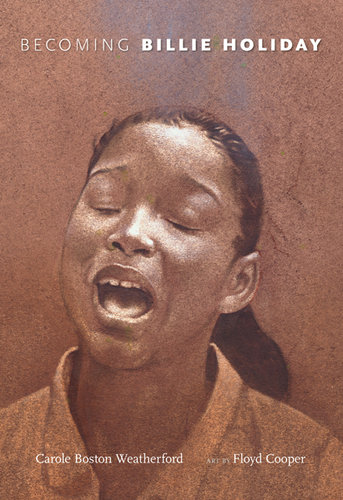 (Grades 8-12, Lexile 970) |
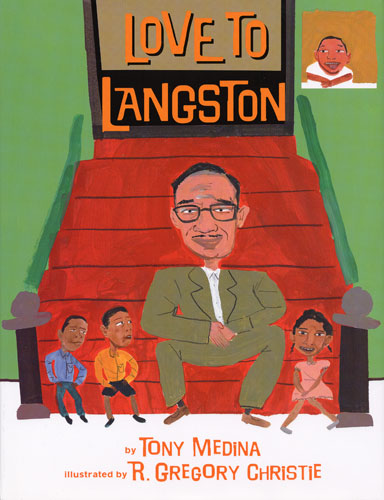 (Grades 1-6, Level P) |
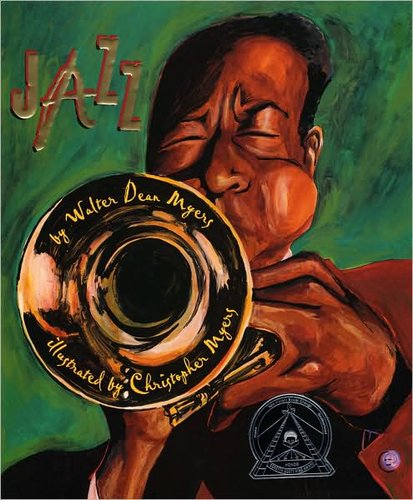 (Grades 4-7) |
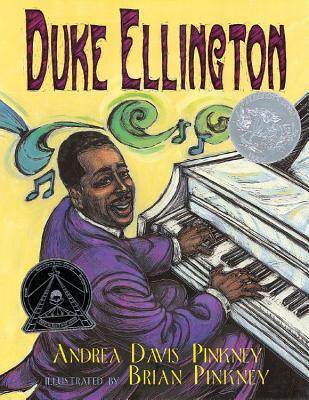 (Grades K-4, Level L) |
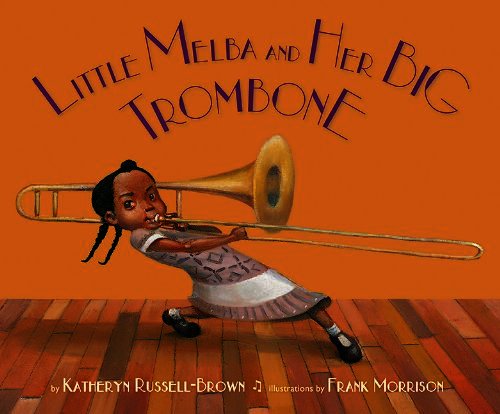 (Grades K-3, Lexile AD720) |
|---|
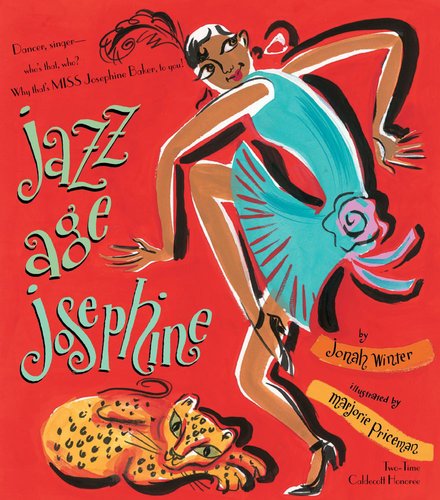 (Grades K-3) |
 (Grades 2-5, Lexile 790) |
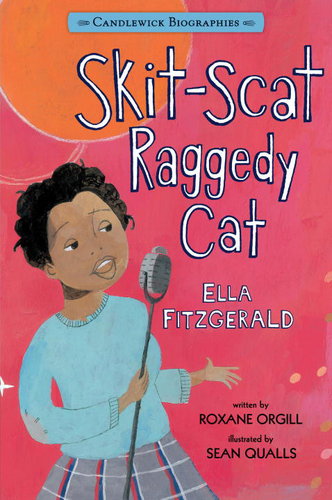 (Grades 1-5, Lexile 820) |
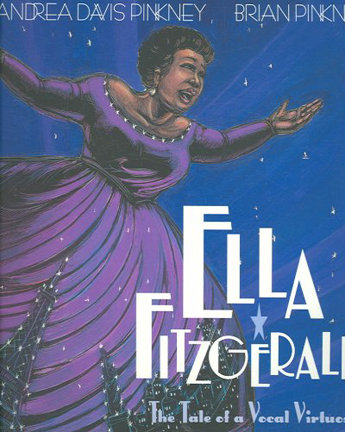 (Grades 2-6, Lexile 520) |
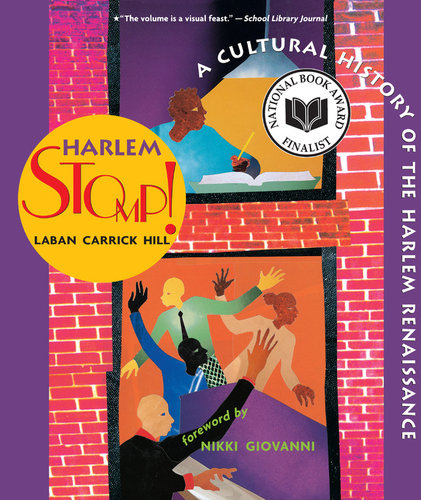 (Grades 6-12, Lexile 1270) |
|---|
Civil Rights Era
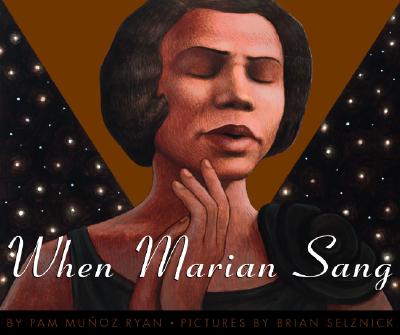 (Grades K-5, Lexile 780) |
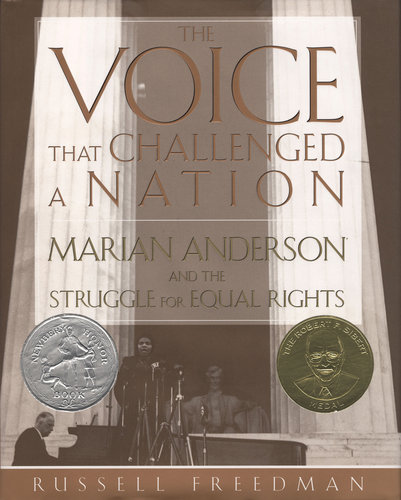 (Grades 5-9, Lexile 1180) |
 (Grades 3-7, Lexile 1080) |
 (Grades K-5, Lexile AD930) |
|---|
Modern
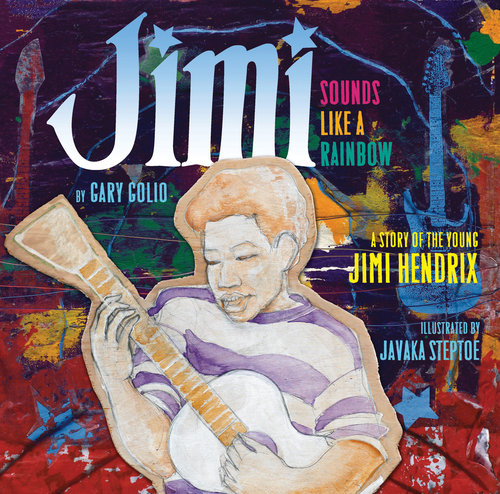 (Grades 2-8, Lexile AD900) |
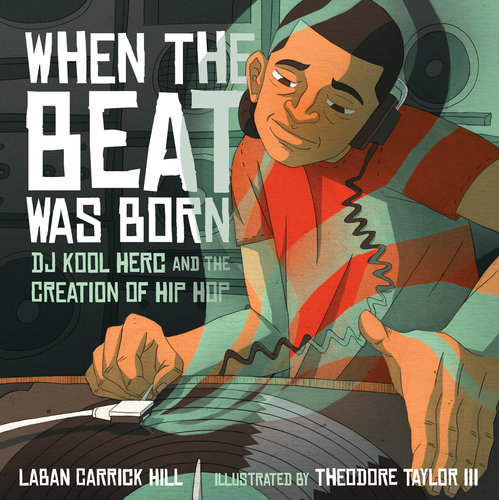 (Grades 1-5, Lexile AD910) |
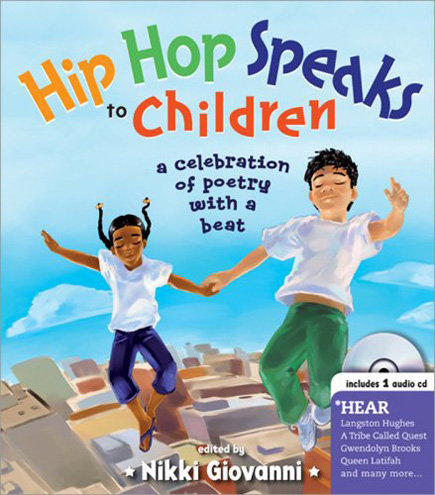 (Grades 3-7) |
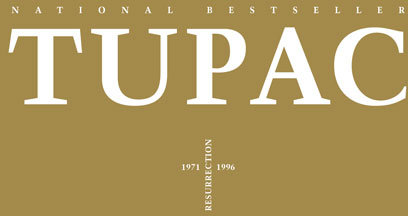 (Grades 7-12) |
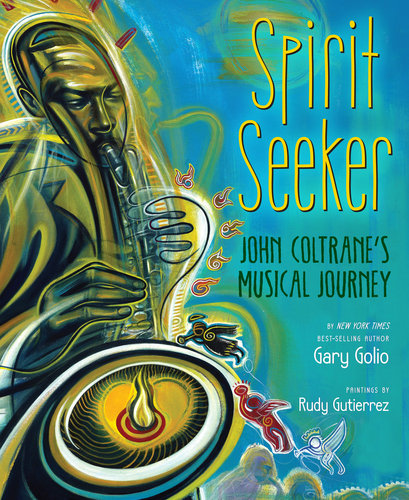 (Grades 4-7, Lexile 990) |
|---|
Using music as your way into Black History Month is a great way to connect the subject to your students, because while music is personal, music is for all of us, too. These texts above make me think about how music sets us free in metaphors to speak out when we can’t say exactly what we need; sets us free to tap our feet; sets us free to break from the rhythms of life that sometimes bind us; sets us free to also join together and celebrate. Let music be the inspiration for you and your students to celebrate Black History this year.


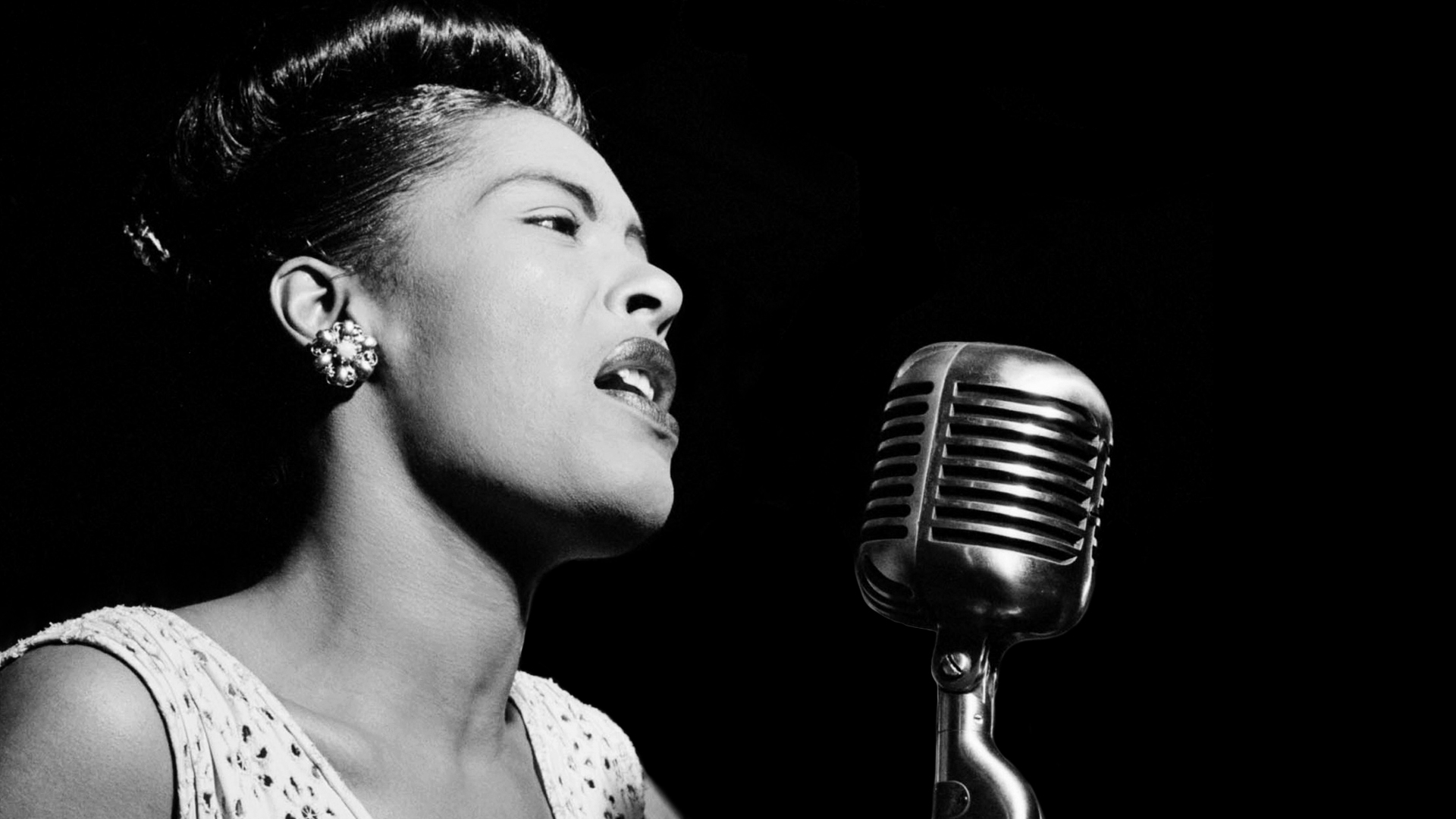
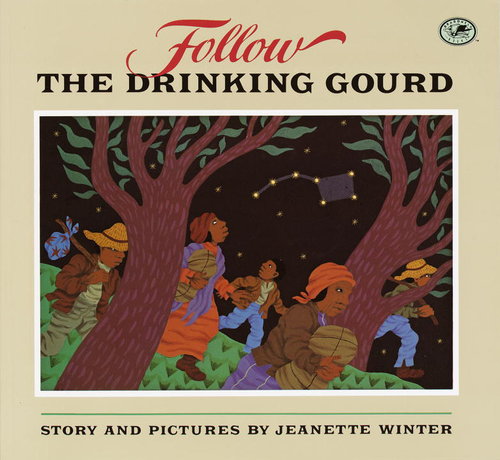
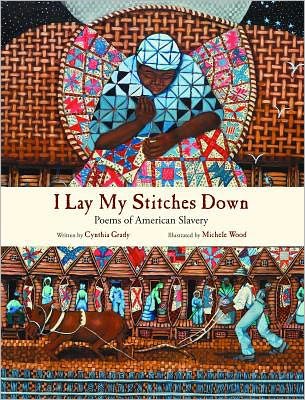
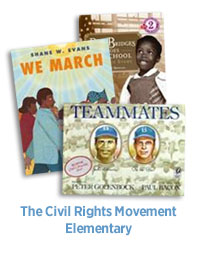
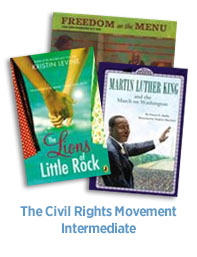

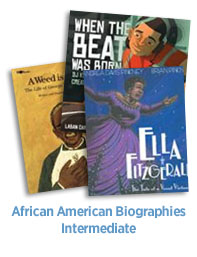

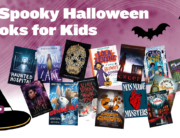
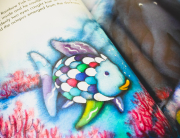
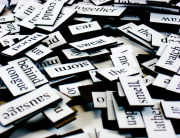

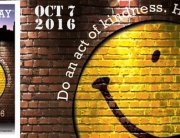
Leave A Comment